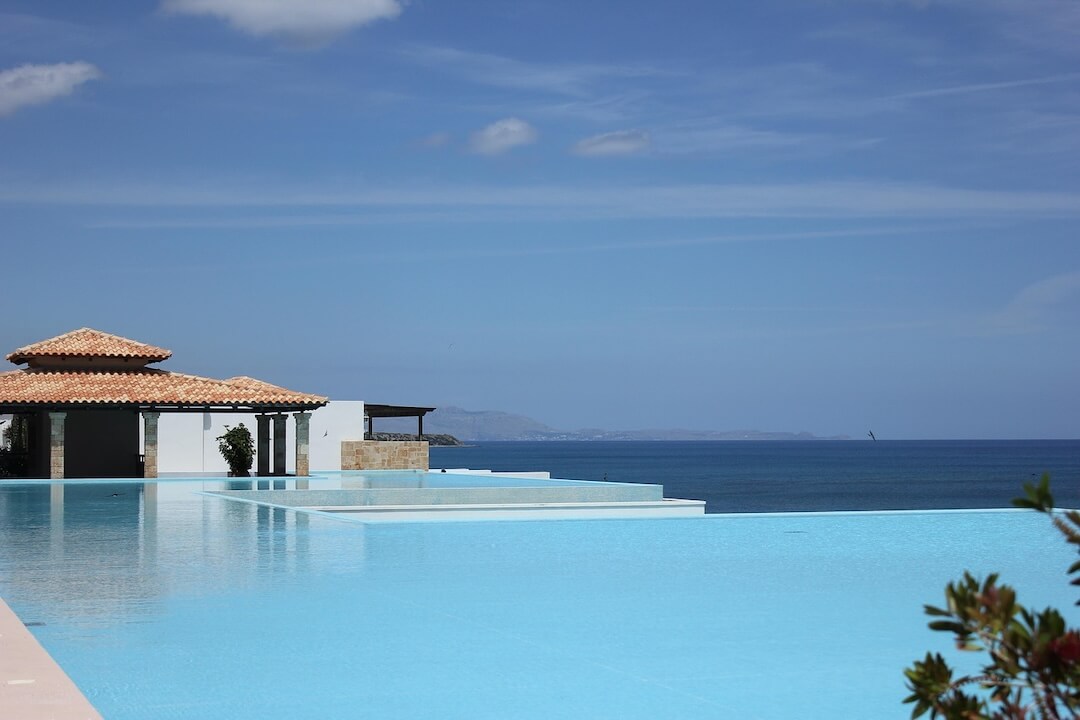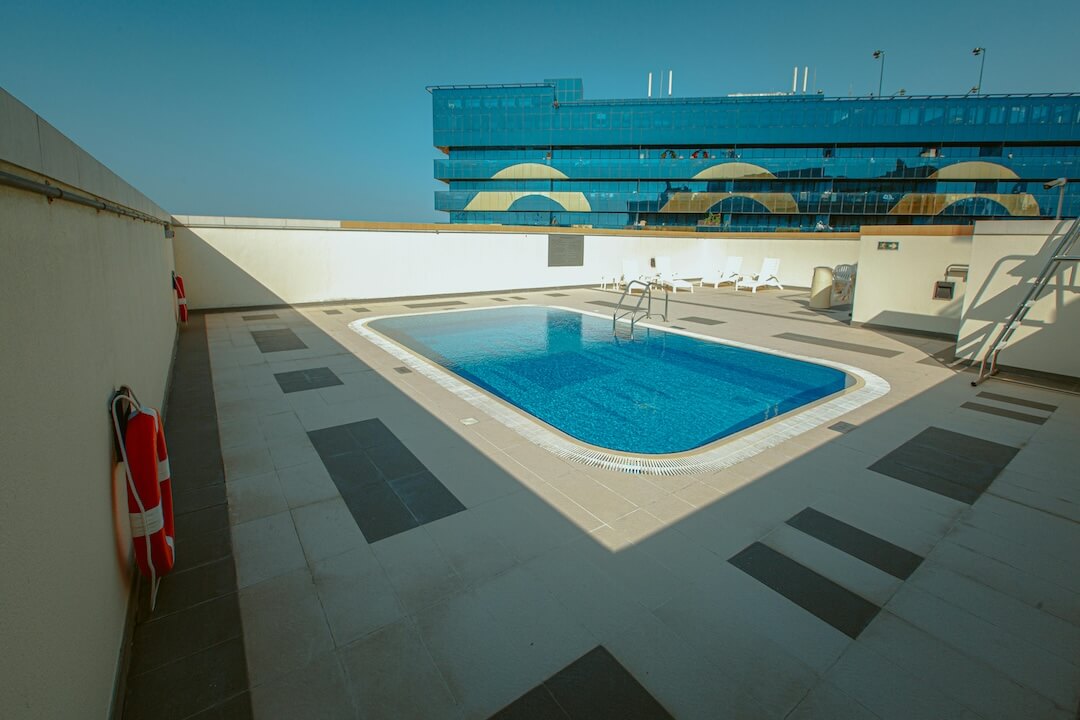How to Make Your Pool ADA-Compliant

How to Make Your Pool ADA-Compliant
Creating an ADA-compliant pool in Fort Lauderdale is a vital step toward making your outdoor space inclusive, safe, and accessible for everyone, regardless of mobility or physical ability. With Florida’s growing emphasis on accessibility and legal requirements, pool owners must understand what it takes to meet ADA standards. Whether you’re building a new pool or modifying an existing one, understanding the key components and best practices ensures your pool remains compliant and welcoming for all users.
What Is ADA Compliance for Pools?
ADA compliance refers to adhering to the Americans with Disabilities Act standards that mandate accessible design features for public and private pools. These standards aim to eliminate barriers, allowing individuals with disabilities or mobility challenges to enjoy swimming and recreational activities safely and independently. While private pools are not always subject to ADA regulations, many Fort Lauderdale homeowners choose to incorporate ADA features to enhance safety, inclusivity, and property value.
Why Is ADA Compliance Important in Fort Lauderdale?
Fort Lauderdale’s vibrant community and diverse population make accessible pools more relevant than ever. Not only does ADA compliance promote inclusivity, but it also helps property owners avoid legal issues and potential liabilities. Moreover, an ADA-compliant pool can be a significant selling point, especially for families with elderly members or individuals with disabilities, providing peace of mind and demonstrating social responsibility.
Legal Requirements and Guidelines
The ADA Standards for Accessible Design specify the minimum requirements for accessible pool design. These include accessible routes to the pool area, pool lifts or sloped entries, and accessible restroom facilities. While private pools are often exempt from some federal mandates, local regulations in Fort Lauderdale and Florida may have specific requirements that encourage or necessitate ADA features, especially for commercial or multi-family residential pools.
Key Features to Consider for ADA Pool Compliance
Making a pool ADA-compliant involves multiple modifications to ensure accessibility and safety. These features generally include:
- Accessible Route: A clear, firm, and stable pathway leading from parking areas or building entrances directly to the pool area. This route must be compliant with ADA standards, typically involving concrete, pavers, or other non-slip surfaces.
- Pool Lift or Sloped Entry: An ADA-compliant pool lift is a movable device that allows individuals with mobility impairments to enter and exit the pool safely. Alternatively, a zero-entry or beach entry slope can serve as an accessible pathway, enabling users to walk into the pool gradually without steps.
- Accessible Pool Equipment: Controls, such as anti-slip grab bars, handrails, and easy-to-operate pool pumps and filters, are essential for safety and convenience. All hardware should be reachable and operable by people with disabilities.
- Safety Signage and Markings: Clear, visible signs indicating accessible features, depth markers, and safety instructions are necessary to ensure users understand how to utilize ADA features correctly.
- Accessible Restrooms and Showers: If your pool area includes facilities, they should meet ADA standards, featuring appropriate door widths, grab bars, and accessible fixtures.
How to Incorporate ADA Features into Existing Pools
For Fort Lauderdale homeowners with existing pools, retrofitting for ADA compliance involves strategic modifications. Here are some steps to consider:
- Adding a Pool Lift: Installing a portable or stationary lift can dramatically increase accessibility. Ensure the lift is certified and installed according to ADA guidelines, with proper placement for safe transfer.
- Installing a Zero-Entry Slope: If space and design permit, creating a gradual slope with textured, slip-resistant surfaces provides an accessible way for wheelchair users and those with limited mobility to enter the pool.
- Improving Surrounding Accessibility: Widen pathways, add ramps if needed, and ensure there are no obstructions that impede movement to and from the pool area.
- Upgrading Signage and Controls: Ensure that all pool controls, alarms, and signage are reachable and easy to understand for users with disabilities.
Designing an ADA-Accessible Pool in Fort Lauderdale
When designing a new accessible pool in Fort Lauderdale, consider consulting with local architects and pool contractors experienced in ADA standards. They can help integrate features seamlessly into your landscape while complying with local building codes. Some design considerations include:
- Location of accessible entries: Placing accessible entries at convenient points to maximize usability.
- Choosing the right materials: Using slip-resistant, durable surfaces for pathways and pool decks.
- Incorporating inclusive features: Combining lifts, ramps, and tactile indicators to ensure maximal accessibility.
- Ensuring safety and aesthetics: Balancing compliance with attractive, functional design that complements your property.
Maintenance and Regular Inspection
Once your pool is ADA-compliant, regular maintenance and inspections are crucial. Ensure that lifts are functioning correctly, surfaces remain slip-resistant, and signage stays visible and legible. In Fort Lauderdale’s humid climate, routine checks prevent mold, corrosion, and wear that could compromise accessibility.
Benefits of ADA-Compliance Beyond Legal Requirements
An ADA-compliant pool not only fulfills legal standards but also offers numerous benefits:
- Enhanced safety for all users, including children, seniors, and guests with disabilities.
- Increased property value by demonstrating inclusive, modern design.
- Broader usability for community pools, hotels, gyms, or private residences, creating an inviting environment.
- Community goodwill by promoting diversity and accessibility.
Partnering with Fort Lauderdale Experts
Given the specific building codes and climate considerations in Fort Lauderdale, working with local pool contractors and ADA specialists is essential. Our experts can assess your property, recommend tailored modifications, and handle installations efficiently. Proper installation of ADA features ensures long-term durability and compliance.
Final Tips for a Successful ADA-Compliant Pool
- Start planning early. Incorporate ADA features into your initial pool design to avoid costly retrofits later.
- Stay informed about local regulations. Fort Lauderdale may have specific codes or incentives for accessible pools.
- Prioritize safety and usability. Select high-quality, certified equipment and materials.
- Consult experienced professionals. Our experts can guide you through design, installation, and maintenance, ensuring your pool remains compliant and welcoming.
In conclusion, making your pool ADA-compliant in Fort Lauderdale is a meaningful investment toward creating an inclusive outdoor space that everyone can enjoy. From accessible entries to compliant safety features, proper planning and expert assistance will ensure your pool meets all relevant standards while enhancing the beauty and functionality of your property. Contact our local Fort Lauderdale pool specialists today to begin transforming your pool into a safe, accessible oasis for all.



